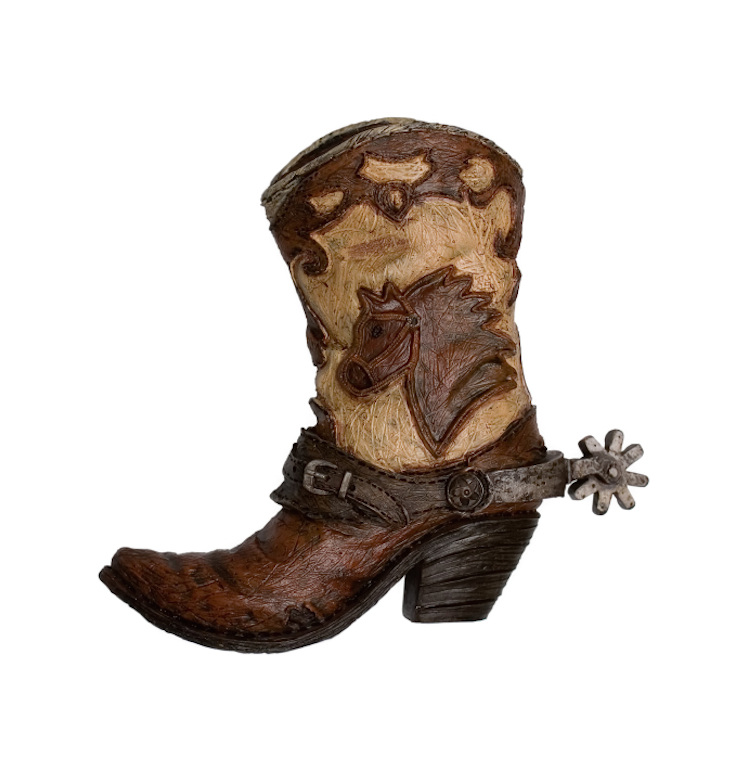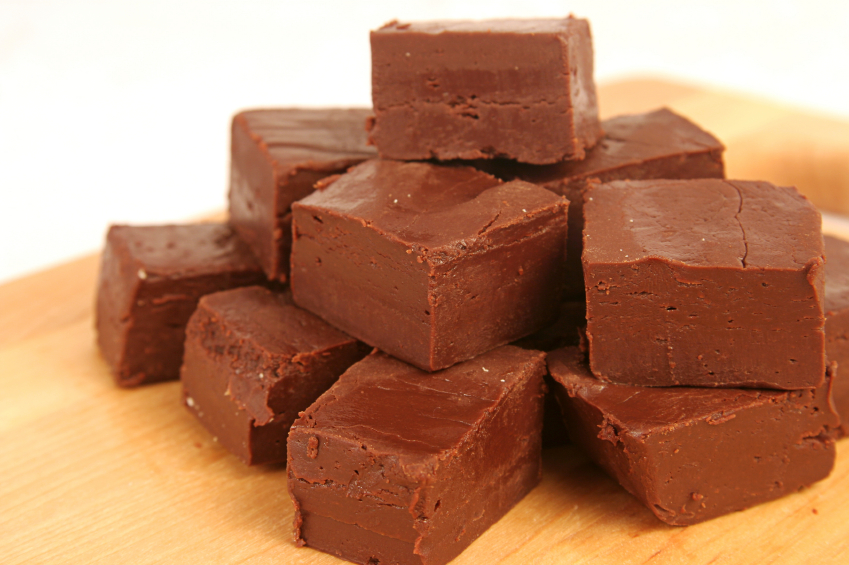spur
(noun, verb)
/spɜr/
 LISTEN
LISTEN


A spur on a cowboy boot
A spur is a U-shaped device with a spike that is attached to the heel of boots and that was originally used to encourage horses to move faster. Figuratively, a spur is something that urges someone to action. In anatomy, a spur is a small bony growth on any part of the body. A spur is also a short road that leads away from a main one. As a verb, to spur means ‘to touch a horse with a spur’ or ‘to urge someone to take action.’
Example sentences
- With a touch of the spurs, the rider urged her horse to go faster.
- Tom's friends didn't believe he could succeed, which only acted as a spur to his ambition.
- The X-ray showed several spurs growing on the bone.
- The main road continued south, but a spur led south west.
- The knight spurred his horse forward.
- Her boyfriend's unkind comments spurred Jessica to leave him.
Words often used with spur
on the spur of the moment: to do something suddenly, without planning, on impulse. Example: “On the spur of the moment, we decided to go to New York for the weekend.”
win your spurs: originally this meant ‘to gain a knighthood through an act of courage’ and now it is used figuratively to mean ‘to achieve distinction’ or ‘to become worthy.’ Example: “The famous movie actor won his spurs performing in low-budget independent films.”
In pop culture
If you hear someone in the UK talking about spurs, it’s more likely these days that they are using the nickname of soccer club Tottenham Hotspur than talking about horse-riding accessories. You can see Spurs in action, and listen to their club song, here:
Did you know?
You may have heard the expression “hang up your spurs” in cowboy movies. Originally, this meant a cowboy would no longer go out and do the hard physical work (so he wouldn’t need his spurs for riding anymore). Now, the expression is used figuratively to mean ‘to retire,’ from any field of work. Example: “The boss will be hanging up her spurs at the end of the year. I wonder who is going to replace her.”
Other forms
spurrer (noun), spurless (adjective), spurlike (adjective)
Origin
Spur dates back to before the year 900, as the Old English noun spura or spora (Middle English spure) ‘the metal spike worn on the heel to goad a horse.’ It is related to the Old English verb spuran (to kick), and can be traced back to the Proto-Germanic spuron and the Proto-Indo-European root spere– (ankle). Spur is related to the Old Norse spori, the Middle Dutch spore, the Dutch spoor, the Old High German sporo and the German Sporn (all meaning ‘spur’), as well as the Dutch spoor (track, footprint or trace of an animal), the Greek sphyron (ankle), the Latin spernere (to reject or spurn), the Sanskrit sphurati (kicks), the Middle Irish seir (heel), and the English verb spurn ‘(to reject,’ but originally ‘to kick away’). The figurative sense ‘anything that urges you on’ or ‘a stimulus’ was first used in the late 14th century, while the meaning ‘a sharp protrusion on the leg of a cock‘ dates back to the mid-16th century. The anatomical sense evolved from the latter, and first appeared in the mid-17th century. The sense related to roads (and railway lines) was first used in the mid-19th century. The expression ‘on the spur of the moment’ has been used since around the year 1800. Spur, as a verb meaning ‘to touch a horse with a spur,’ dates back to around the year 1200. The figurative sense first appeared around the year 1500.
Word of the Day is released Monday through Friday.



